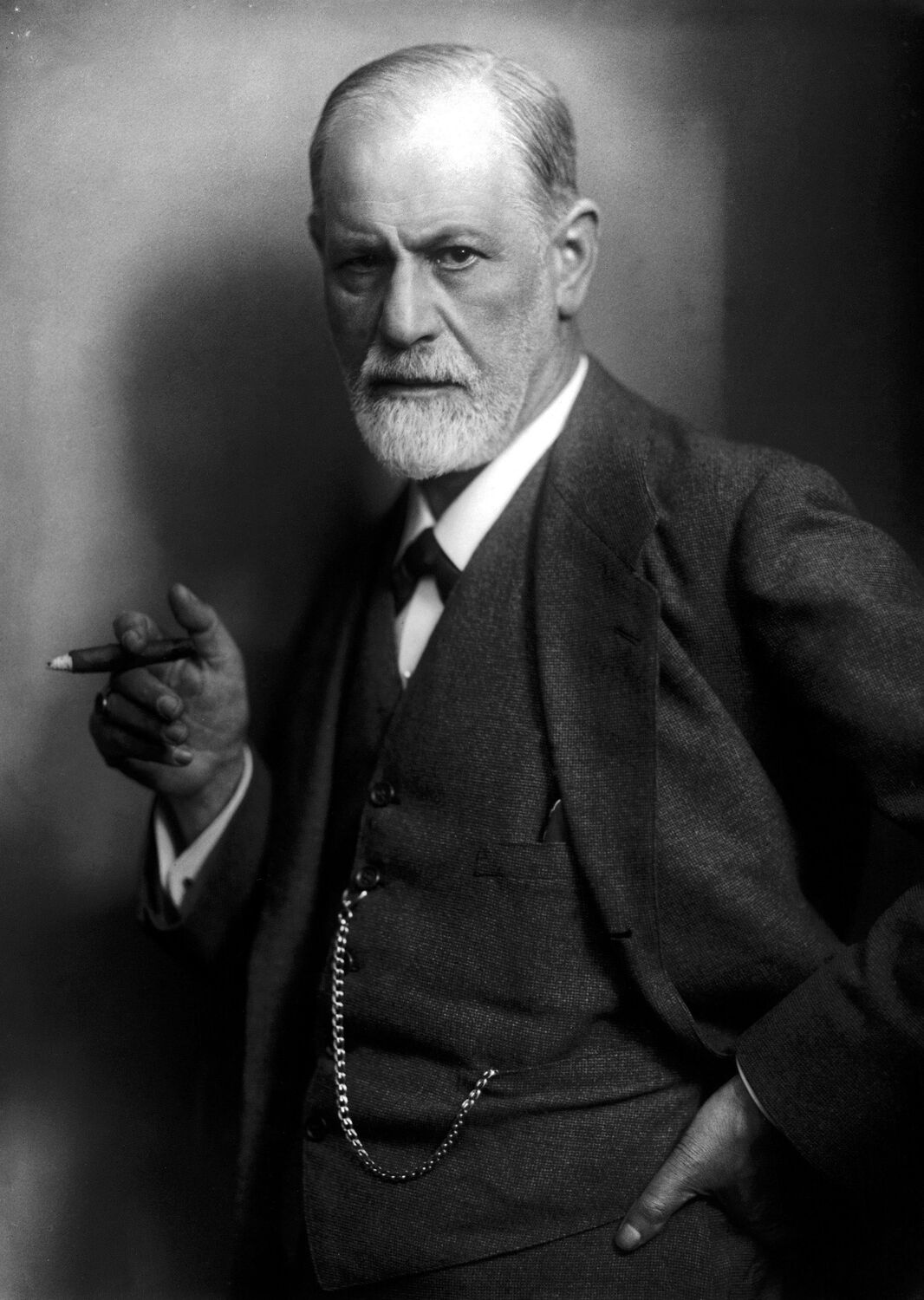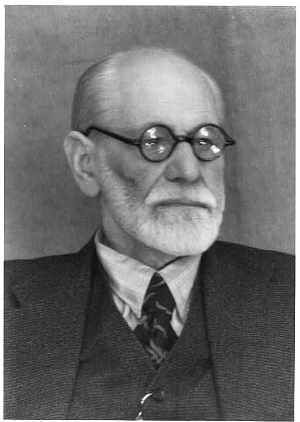Sigmund Freud was an Austrian physician and neurologist. He is recognized in his field as the father of psychoanalysis.
To better understand the psychology of his patients, Freud examined what their conscience tried to hide, and what motivated them to act without thinking. In this way, he was able to devise a new form of therapy: psychoanalysis. Psychoanalysis is the science of the unconscious. It explores a number of concepts, including repression, narcissism, catharsis, transference, slips of the tongue, libido, ego-self, personality development, drives (life and death), war-related neuroses, the Oedipus complex, stages of social-emotional development and more.
Psychoanalysis has had a strong influence in various fields of the human sciences, including ethnology, anthropology, philosophy (Marxism, for example), medicine, art, literature, law and politics.


-
1856: Little Sigmund Freud is born in Austria on May 6.
-
1883: Freud conducts experiments on cocaine, a new substance at the time. He tries to establish its effectiveness against neurasthenia (a psychopathology grouping together several symptoms, including fatigue, anxiety, depression, headaches, etc.).
-
1885: He obtains a scholarship to study in Paris with French neurologist Jean-Martin Charcot, where he observes, among other things, the practice of hypnosis.
-
1886: Back in Germany, he studied pediatrics in Berlin and worked in the neurology department of a private children's hospital until 1896. In October, he presents a lecture on male hysteria.
-
1889: He travels to France to study hypnosis with Dr. Ambroise-Auguste Liébeault. Freud concludes that hypnosis is only marginally effective in treating a patient, unlike the "talking cure". The idea of the unconscious was born. He also realized that the patient's past was decisive.
-
1896: Freud officially christened his new practice "psychoanalysis". The aim is to find the source, or origin, of the patient's psychological symptoms. He publishes two articles on psychoanalysis, one in French: Heredity and the etiology of neuroses (L'hérédité et l'étiologie des névroses) and The etiology of hysteria (L'étiologie de l'hystérie). From this point on, he became a well-known figure in the medical community.
-
1897: In a correspondence with the physician Wilhelm Fliess, Freud mentions the concept of the Oedipus complex for the first time.
-
1899: He publishes a book on the interpretation of dreams, in which he explains that dreams are a fulfillment of unconscious desires and reveal the patient's past.
-
1908: Freud and his friends found the Berlin Psychoanalytic Society. The following year, they begin publishing articles in a psychoanalytic journal they have set up.
-
1910: At a congress in Nuremberg, Freud founds the International Psychoanalytical Association (IPA) and a second scientific journal.
-
1938: With the arrival of the Germans in Vienna, he and his family and friends flee to France and England.
-
1939: Sigmund Freud dies in London on September 23.